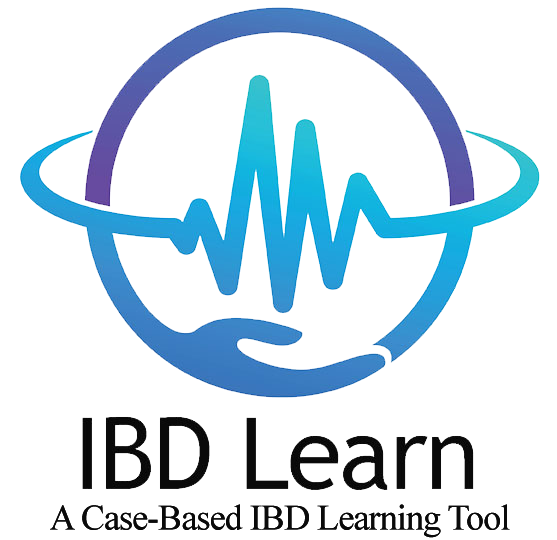Compared to a patient < 40 years old, the older patient (>65 years old) is more likely to have which of the following diagnoses? Pick all that apply:
Colorectal malignancy
Older patients are more likely to suffer from non IBD related diagnoses than those <40
Ischemic Bowel
Older patients are more likely to suffer from non IBD related diagnoses than those <40
Microscopic colitis
Elderly patients are more likely to suffer from non IBD related diagnoses than those <40
Infectious colitis
Older patients are more likely to suffer from non IBD related diagnoses than those <40
Segmental colitis associated with diverticular disease (SCAD)
Older patients are more likely to suffer from non IBD related diagnoses than those <40
Rectal Ulcer Syndrome
Older patients are more likely to suffer from non IBD related diagnoses than those <40
NSAID-induced enterocolitis
Older patients are more likely to suffer from non IBD related diagnoses than those <40
Radiation Enterocolitis
Elderly patients are more likely to suffer from non IBD related diagnoses than those <40
Inflammatory bowel disease
Elderly patients are more likely to suffer from non IBD related diagnoses than those <40
Laboratory tests were sent and resulted:
| White blood cell count | 7.3x 10E9/L (3.4-10.0 x10E9/L) |
| Hemoglobin | 9.1 g/dL (13.6-17.5 g/dL) |
| Platelets | 523x 10E9/L (140-450x 10E9/L) |
| Creatinine | 0.8 mg/dL (0.73-1.24 mg/dL) |
| Aspartate transaminase | 33 U/L (5-44 U/L) |
| Alanine transaminase | 37 U/L (10-61 U/L) |
| Total bilirubin | 0.3 mg/dL (0.2-1.2 mg/dL) |
| Alkaline phosphatase | 50 U/L (38-103 U/L) |
| Albumin | 2.6 g/dL (3.5-5.0 g/dL) |
| C-Reactive Protein | 50 mg/L (<5.1 mg/L) |
| Erythrocyte sedimentation rate | 40 mm/hr (0-10 mm/hr) |
Click here to move on to the next part
Click here to return to the previous part
